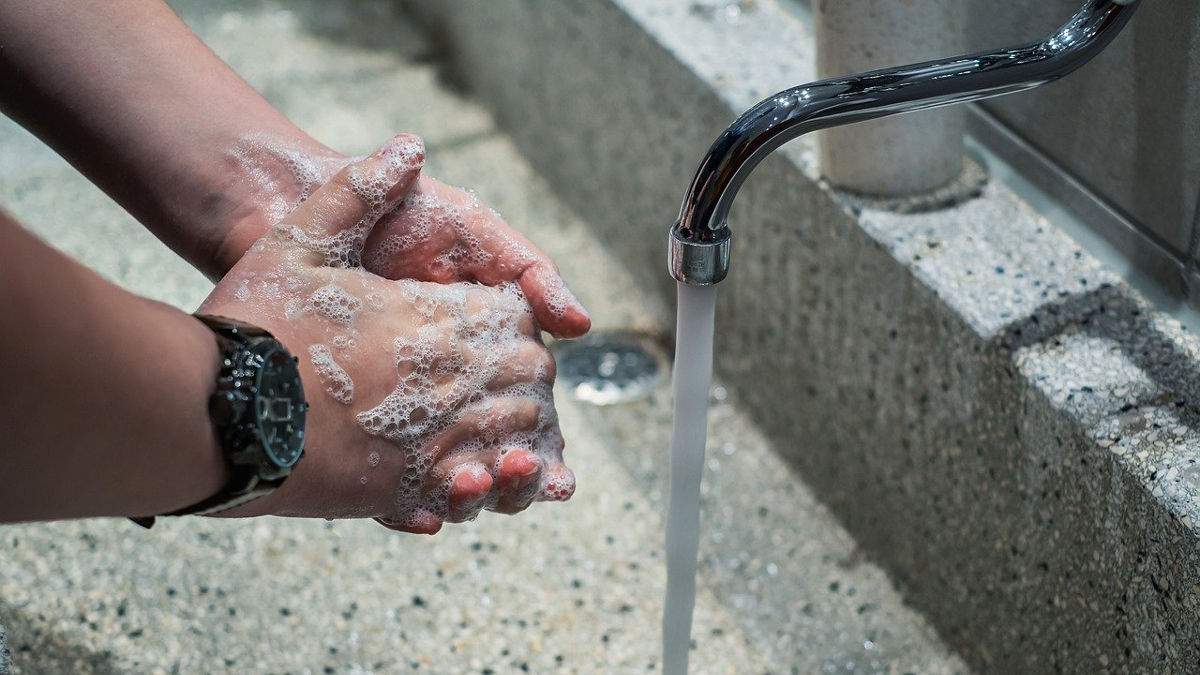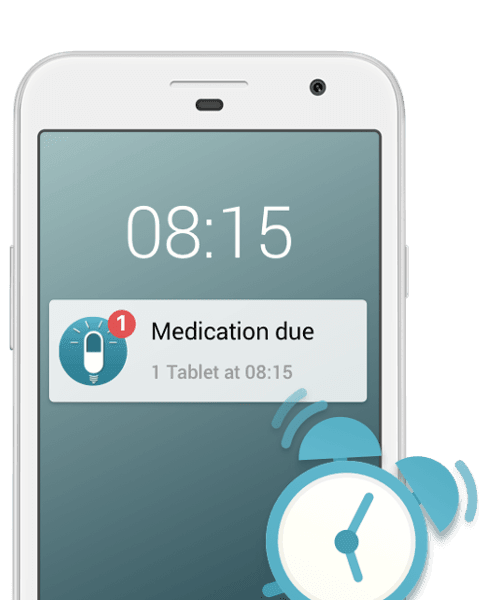Although many facts and details about the coronavirus outbreak are yet to be established, elderly people and people living with underlying health conditions have been identified as being particularly at risk. If you are living with a chronic disease – or have loved ones who are – it is important to take measures to mitigate the risk as much as possible. In this article, we have rounded up some advice from trusted sources to help you through this challenging time.
Coronavirus & Living with a Chronic Disease
According to national health bodies from around the world, COVID-19 (the name given to the illness caused by the new or ‘novel’ coronavirus) poses a particular risk to those who:
- Have cancer
- Have COPD or other lung diseases
- Have high blood pressure (hypertension)
- Have heart disease
- Have an autoimmune disease or otherwise weakened immune system
- Are taking immunosuppressant drugs
If you are living with a chronic disease, here is general advice provided by reliable sources.
From The Cleveland Clinic:
✔️ Avoid contact with people who are sick.
✔️ Avoid travel that isn’t essential, especially on airplanes and cruise ships.
✔️ Avoid going to crowded spaces where you’ll be in close contact with others.
✔️ If you do need to go out, avoid doing so during peak hours and keep space between you and others, if possible.
✔️ Wash your hands often using soap and water for at least 20 seconds, especially after you’ve been in a public place. If soap and water aren’t available, clean your hands with an alcohol-based hand sanitizer that contains at least 60% alcohol.
✔️ Keep your hands away from your eyes, nose, and mouth, as this is how germs get into your body.
✔️ Avoid shaking hands with people and touching high-traffic surfaces in public places, such as elevator buttons, door handles and shopping cart handles. Use a tissue or your sleeve to cover your hand if you must touch these surfaces.
✔️ Routinely disinfect surfaces in your home, such as doorknobs, faucet handles, and cell phones.
✔️ Avoid close contact with people who have recently traveled to an area with high COVID-19 activity.
✔️ Maintain healthy habits, like eating well, getting enough sleep and managing your stress levels, to keep your immune system as strong as it can be.
From the NHS:
✔️ Always wash your hands when you get home or into work
✔️ Use hand sanitizer gel if soap and water are not available
✔️ Cover your mouth and nose with a tissue or your sleeve (not your hands) when you cough or sneeze
✔️ Put used tissues in the bin immediately and wash your hands afterward
✔️ Only travel on public transport if you need to
✔️ Work from home, if you can
✔️ Use phone, online services, or apps to contact your doctor’s surgery or other health services
❌ Do not touch your eyes, nose or mouth if your hands are not clean
❌ Do not have visitors to your home, including friends and family
Additional resources can be found here:
- Centers for Disease Control and Prevention <span>(</span>CDC<span>)</span>: How to Protect Yourself
- Harvard Medical School: Coronavirus Resource Center
- British Columbia Ministry of Health: Coronavirus Fact Sheet
- Australian Department of Health: What you need to know about coronavirus
If You Know Someone Living with a Chronic Disease
If you know someone living with a chronic disease, be it a loved one, friend, or neighbor, there are several ways you can help.
The CDC recommends:
✔️ Know what medications your loved one is taking and see if you can help them have extra on hand.
✔️ Monitor food and other medical supplies (oxygen, incontinence, dialysis, wound care) needed and create a back-up plan.
✔️ Stock up on non-perishable food to have on hand in your home to minimize trips to stores.
✔️ If you care for a loved one living in a care facility, monitor the situation, ask about the health of the other residents frequently and know the protocol if there is an outbreak.
The Cleveland Clinic recommends:
✔️ Offering to pick up groceries or prescriptions and drop them off at your loved one’s home so they do not have to go out.
✔️ If your loved one is in a hospital or long-term care facility, check ahead of time to see if they have restrictions on visitation. And never visit when you’re sick.
Additionally, loved ones with chronic health conditions will need to be even more careful about who they come into contact with. You can help maintain social contact and check on their wellbeing with regular phone calls, video chats, emails, and social media.
Aside from helping vulnerable people close to you, you can provide additional help by assisting local services. You can:
✔️ Donate food to local charities and food banks.
✔️ Keep an eye on social media for local initiatives you can support by volunteering or donating food or money to.
✔️ Be prepared to self-isolate to reduce the risk of community spread.
✔️ Use health services wisely. According to a blog post published by Public Health England, being sensible in using health services can help ease the pressure they are under from coronavirus.
Resources for Specific Chronic Diseases
In addition to general advice being offered to people living with chronic diseases and their loved ones, we have collected resources from sources relating to specific diseases. Please follow the links below to learn more about the advice being offered to those living with cardiovascular diseases, respiratory diseases, and cancer:



